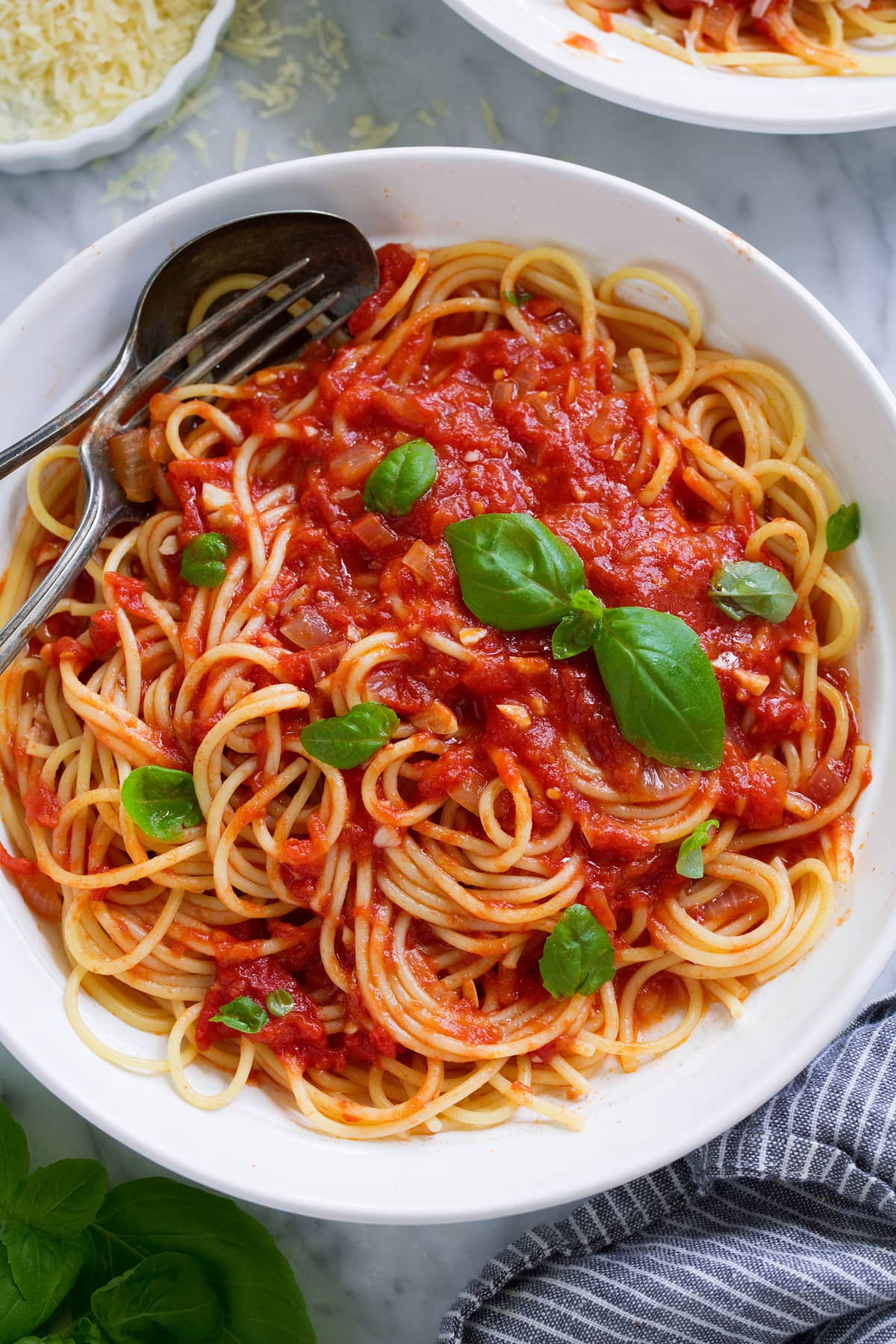The Covid Cooking Club

Introduction
With the current pandemic making venturing outside your room an act equivalent of walking across the street blindfolded, it is more important than ever that college students learn how to effectively prepare food on their own in order to decrease the possibility of getting permanent lung damage without even experiencing the questionable joy of nicotine. Ideally, this information would be given by a professional chef or at the very least someone with any sort of culinary talent. Instead you’re going to be getting it from a conked-out liberal arts student whose only knowledge of gastronomy comes from how far his head is up his own ass. God help you.
Chapter 1: Pasta

Pasta. It’s the classic college food for a reason: that reason being most college students are deeply in debt and can’t actually afford anything else. (If only there was some sort of magazine that offered discounts on food products to help them out! But such a radical idea could never come to pass.) The humble cup of ramen has become an icon among undergraduates less for any inherent nutritional or taste value and more for being their best hope of avoiding complete bankruptcy long enough for their debt holders to be lined up against the wall and shot during the inevitable populist uprising. As someone who has the prospect of postgraduate financial stability through an accident of birth, I am not obligated to prostrate myself before the rapacious god that is instant ramen. This has the practical result of the pasta I make being named in Italian instead of Japanese. Pasta has a long and storied history, most of which can be condensed down into “it’s easy to make and tastes okay.” The cooking setup in my dorm consists of a microwave and a gas stove with two cookers with enough room for exactly 1.5 pots, so ease of preparation is appreciated. Also, I’m very lazy. All anyone needs to prepare pasta is a pot, some water, some salt, and a stirring implement. Put the water, salt, and pasta (preferably but technically not necessarily in that order) in the pot, and then boil until it is ready. After an amount of time totally unrelated to whatever it says on the packaging, the pasta will be ready. This can be tested by eating some of it and seeing if it triggers your gag reflex; other testing methods exist but they all sound as if they were dreamt up by lunatics. This will give you something that is edible. Making something good will require a lot more thought and I am not sure if I am actually up to the task. Sure, I enjoy a lot of the pasta I make, but that’s because I like my food to be as carbohydrate-dense as my writing is linguistically dense, not because I achieved any great success in preparing it. My most frequent failure occurs early. The pasta I prepare most commonly is spaghetti, because I have fond memories of eating it as a kid. I probably ate other pasta as a kid, but spaghetti is the only one I remember. It’s also a terrible choice since I inevitably put too much in, then stir too hard before it gets soft, causing the noodles to snap into pieces and defeat the entire point. I usually have better luck with tortellini and macaroni, yet I make them less because I apparently value nostalgia over competence. Fortunately, any pasta can be saved through use of a good sauce. Unfortunately, I am both too lethargic and too ill-informed to make any so I always use canned sauce from the store (or from my parents when I can swipe some off them). I eat mostly red sauce, which inevitably burns and creates an incredibly annoying brown crust on the pot whenever I try to heat it up. There are many instances where I nearly surrender to the dishes instead of cleaning them, and 75% of those come from red sauce. At least it usually tastes decent, though I somehow managed to always spill some on my shirt. Good pasta ultimately requires good sauce, and not having any saucing skill I am utterly unqualified to instruct anyone in its creation. And let’s be honest, you could figure out how to make it adequately without me telling you.

Click below to get access to and redeem all Campus Clipper Coupons; coupons are updated weekly
By: Alexander Rose
Alexander Rose studies satire at NYU Gallatin and wishes he was actually just Oscar Wilde. He is interested in writing, roleplaying games, and procrastination. Describing himself in the third person like this makes him feel weird.
For over 20 years, the Campus Clipper has been offering awesome student discounts in NYC, from the East Side to Greenwich Village. Along with inspiration, the company offers students a special coupon booklet and the Official Student Guide, which encourages them to discover new places in the city and save money on food, clothing, and services.
At the Campus Clipper, not only do we help our interns learn new skills, make money, and create wonderful e-books, we give them a platform to teach others. Check our website for more student savings and watch our YouTube video showing off some of New York City’s finest students during the Welcome Week of 2015.

